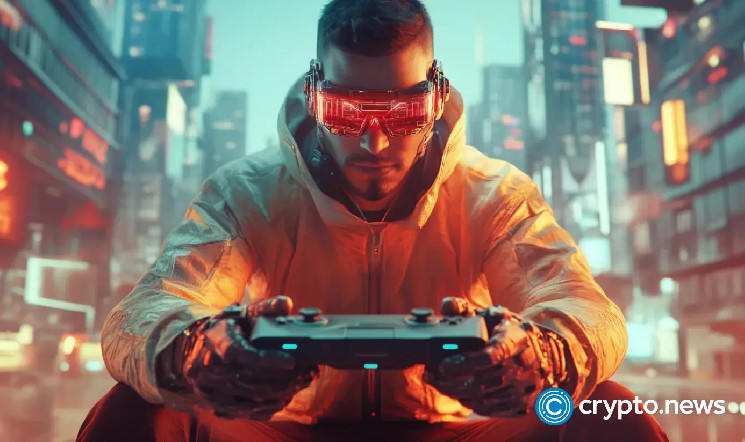The gaming industry has seen a significant shift towards gaming chains in recent years, with platforms like TON, Immutable, and Ronin leading the way. These gaming chains have revolutionized the way games are developed, played, and experienced, offering a seamless integration of blockchain technology into the gaming ecosystem.
One of the key success stories in the world of gaming chains is TON, Telegram’s official web3 infrastructure. TON has enabled in-app onboarding and enhanced levels of engagement and reward for players. With popular titles like Notcoin, Hamster Kombat, and BANANA, TON has experienced exponential growth, starting the year with 4 million on-chain accounts and finishing with over 120 million.
The rise of gaming chains can be attributed to three main factors. For developers, gaming chains provide a solid foundation that bridges the gap between web2 and web3, offering better tools, smoother onboarding processes, and more efficient scaling. Players benefit from connected ecosystems where their assets, achievements, and identities are seamlessly integrated across multiple games. And for the industry as a whole, gaming chains pave the way for AI-enhanced experiences and cross-game economies.
Gaming chains have removed barriers for developers, allowing them to focus on creativity and innovation without the technical headaches that often come with blockchain integration. These chains offer specialized tools that handle high-throughput player actions and complex smart contracts, while also providing support and incentives for game developers to succeed.
Players also stand to gain from the evolution of gaming chains. Seamless onboarding processes and integrated blockchain technology make it easier for players to dive into games without the need for extensive technical knowledge. With shared infrastructure across multiple titles, players can maintain a single identity and enjoy a unified gaming experience.
The interconnected nature of gaming chains also unlocks new possibilities for cross-game economies and personalized experiences. Players can trade assets, share currencies, and enjoy rewards that adapt based on their achievements across different games. AI technology further enhances these connected experiences by personalizing missions, generating dynamic content, and improving player acquisition and retention.
As we look to the future, gaming chains are here to stay. They unlock the value of data, foster innovation, and drive smarter decisions for developers, players, and the industry as a whole. With gaming chains becoming increasingly essential in the gaming ecosystem, the digital era is set to be defined by seamless integration, personalized experiences, and interconnected gaming universes.
This article was written by Yukai Tu, the Chief Technical Officer at CARV. With expertise in confidential computing and blockchain, Yukai is at the forefront of building decentralized identity and data layers for gaming and AI. His experience includes working at Google, Coinbase, and contributing to blockchain projects like Cosmos SDK and LINO Network.

